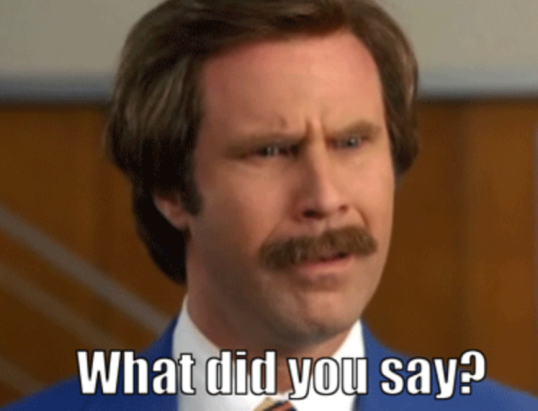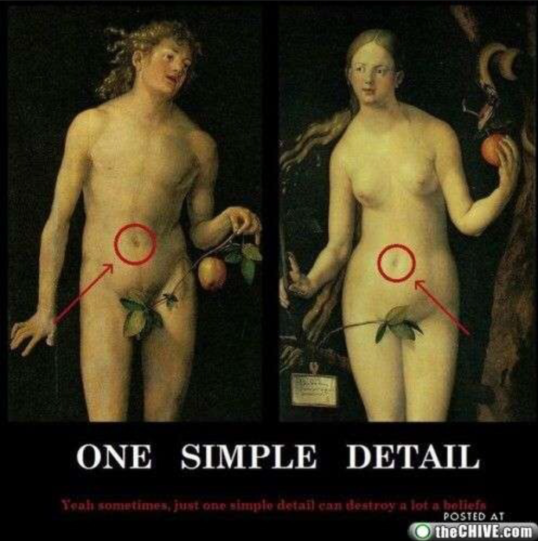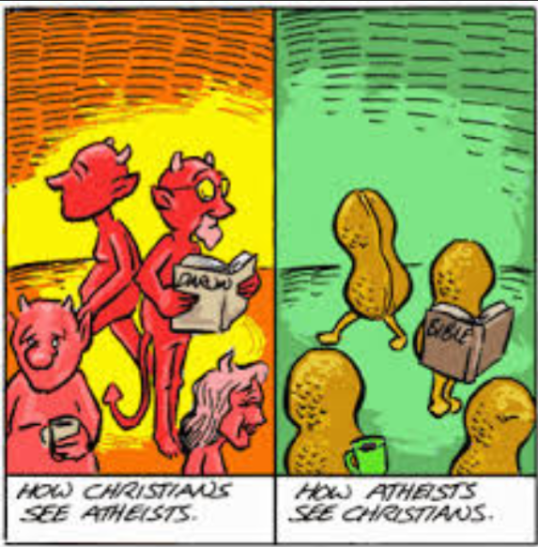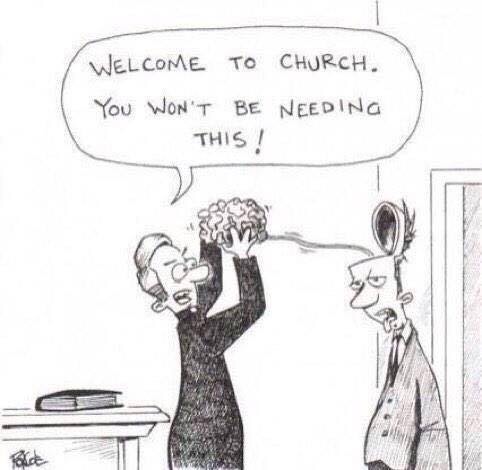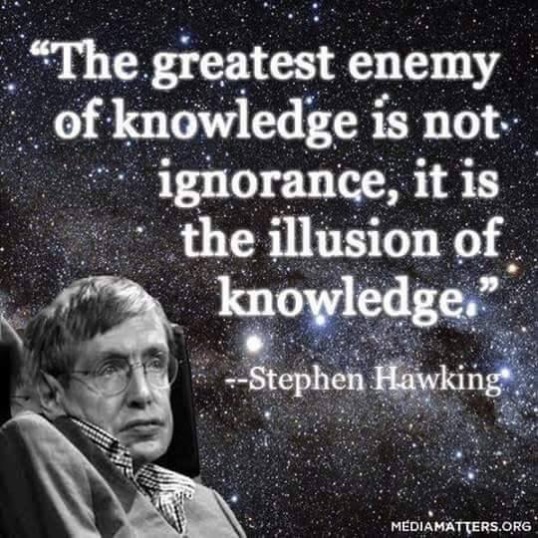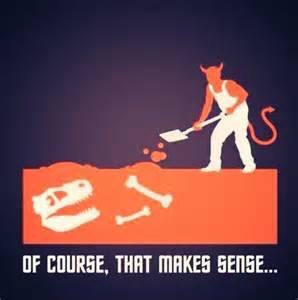Henry Rollins – Why I’m not an Atheist
I was first exposed to the force of nature that is Henry Rollins in the 80’s when he was the front man for Black Flag, a California-based punk band. I became a fairly devoted fan and bought all of their albums. One album that comes to mind is their spoken-word release called Family Man. Most of their music was pure mayhem, with all of the angst and critiques of society of the punk genre. They also had flashes of humor, like the song TV Party.
When Rollins joined the band he brought intensity and writing skills that helped to bring Black Flag as close to the “main stream” as a punk group is going get. Rollins, if anything, is a thinker and a poet. Family Man really showcases his poetic talent and unique perspective on people and the world in general.
His M.O. Is to challenge you and make you think. When I discovered this thoughtful and intelligent article today, I was compelled to share it because he offers a viewpoint about religion and atheism that only Henry Rollins would present. He was always direct and thought-provoking with music, poems, and opinions.
Why I’m not an Atheist – Henry Rollins
Recently I was on the podcast You Made It Weird with Pete Holmes. He’s an incredibly nice guy, and it was a good experience overall.
At one point, he moved the conversation toward the spiritual. I told him that I had no religious or spiritual beliefs but was too lazy for atheism. I was trying to be funny, but basically it’s true.
Many years ago, I concluded that people need leadership and rules to follow. Government, laws, the threat of incarceration, traffic lights. Freedom is great, but the freedom to drive over someone and go on your way isn’t.
I reckon that religion was an early method of keeping people from running amok. The act of worshipping an unseen force requires faith and strength of conviction — and that in itself is a profound concept. If you believe in what you can’t prove conventionally, you have to land on that very hard to beat back the doubters. Like when the Westboro Baptist Church people got pushback for their “God hates fags” signs, they just made bigger signs.
To be a person of faith, it seems to me, takes no small amount of work. This idea is succinctly addressed in the King James version of the Bible, John 20:29: “Jesus saith unto him, Thomas, because thou hast seen me, thou hast believed: blessed are they that have not seen, and yet have believed.” I had to look it up to get the words right, but I actually read a version of that in a hotel room once.
Since there aren’t enough resources for everyone to have a personal cop monitoring their every action, there must be a mega-cop so huge that his omnipresence is invisible and unquestionably powerful.
This is what I figure religion is. Try to be good. Being human, you will make mistakes, but all is not lost. You can ask to be forgiven; by meditating on your mistake, you will see that it would be unwise to repeat the behavior. Throw in the idea of punishment and reward and it’s a workable system.
I think the most brilliant part of religion, as I understand it, is what comes after you die — eternity.
In life, Martin Luther King had to put up with the boiling rage of Jesus-loving, God-fearing citizens who wanted to keep schools segregated. It had obviously crossed his mind that something bad might come his way. On April 3, 1968, at this end of his famous “I’ve Been to the Mountaintop” speech, Dr. King said that he would like to have a long life, but perhaps that wasn’t what was going to happen. In spite of that, he was happy and not afraid of any man, because his eyes had seen the glory of the coming of the Lord.
He was dead less than 24 hours later. I guess in his way of thinking, the everlasting good stuff and far bigger part of the picture was waiting post-life.
This is why I am not an atheist. If you believe that President Obama was born outside of America, no paperwork or witness testimony will convince you otherwise. If you believe in a higher power, then anyone trying to find holes in your logic causes you to stand your ground more tenaciously.
Basically, I believe that someone believes something.
Now and then, I get emails from religious people. They pity me and the life choices I have made. Some ask why I have covered my body with those awful tattoos and turned myself into such a freak. Others gently admonish me for not having a problem with anyone’s sexual orientation. They let me know that they will be praying for me.
Since they started it, I feel free to have a little fun. I reply, “Thanks, Gandhi!”
This often results in a long letter about the sinner and the sin. I wait a day or two and then write back, asking when they were first attracted to someone of their own gender. I let them know that I am just fine with their gayness and I bet the big guy is, too.
The benevolence usually starts to wear a little thin in the next reply. One of my favorite questions to ask is: In a fight, who would win, Jesus or Glenn Danzig?
It’s around then that the gloves come off. I have even gotten some of them to curse, which I love. There is nothing like being told to go fuck yourself by the same person who was, only days before, praying on your behalf.
When someone tells me that America is a Christian nation and all the laws we need are contained in the Bible, to me that is not a religious discussion. It’s about the notion of authority this person is employing in an attempt to control others. God might be real to this person, but what is as real to me is Article VI of the Constitution. All of our disagreements will end in stalemate, so why even bother? I have no interest at all in trying to “win” an argument like this, because to me the premise is bent to begin with.

